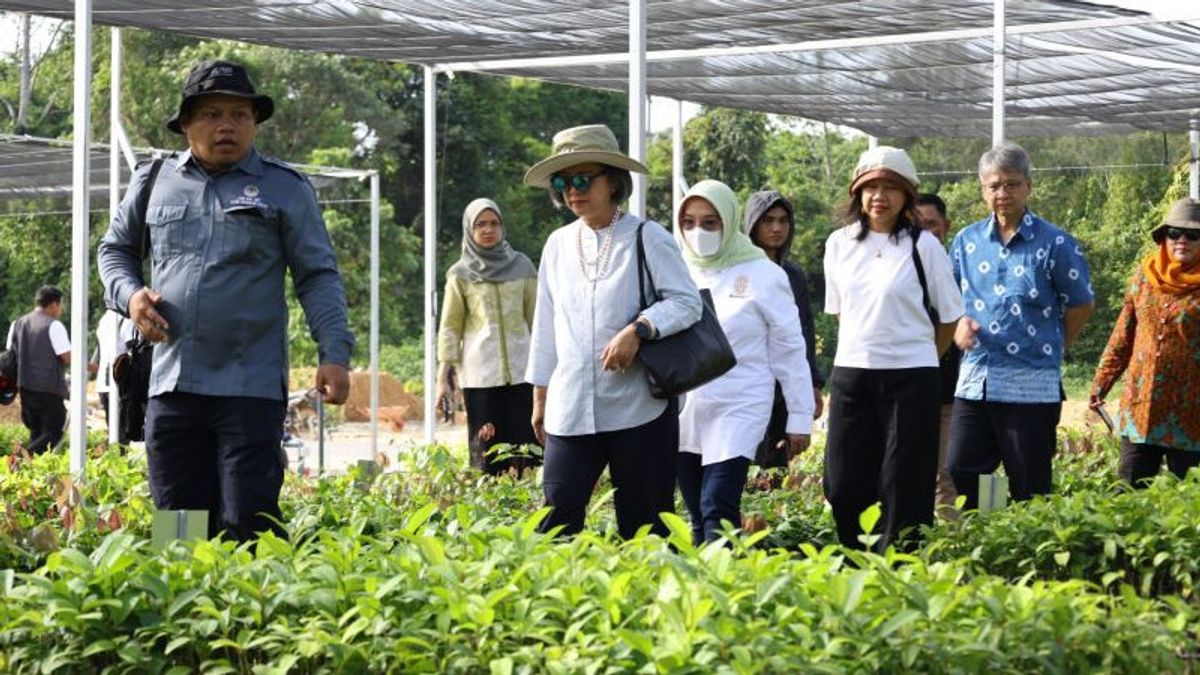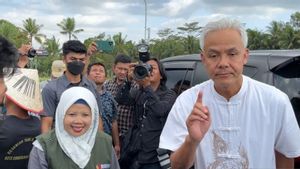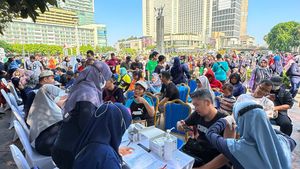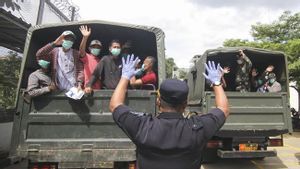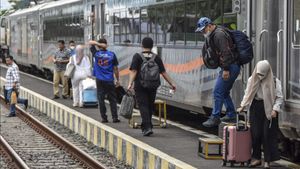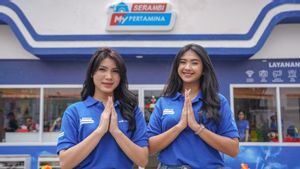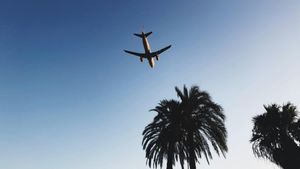JAKARTA - The United Nations (UN) through the United Nations Economic and Social Commission for Asia and the Pacific (UNESCAP) visited the capital city of Nusantara (IKN) in East Kalimantan (Kaltim).
UNESCAP's visit to review the alignment of the new capital city development with a sustainable development vision or Sustainable Development Goals/SDGs. Responding to this, the Head of the IKN Authority (OIKN) Bambang Susantono said OIKN was very concerned about the implementation of SDGs in IKN development.
"Our first concern (IKN Authority) in building the archipelago is to make it sustainable and litable city (a city that deserves to live and be sustainable), we have included the implementation of SDG in every project in the archipelago," said Bambang, who received the UNESCAP delegation, in a statement, Monday, December 18, which was confiscated by Antara.
Bambang said sustainable projects in IKN, including the Mentawir Nursery as a first step in reforrestation, as well as hydroponic agriculture from the residents of Sepaku, East Kalimantan, which is an action of support for sustainable economic businesses.
According to UNESCAP Executive Director Armida Alisjahbana, the development process carried out by ministries and related institutions in Indonesia in building IKN has been in line with current global principles and trends in modern urban development.
Sustainability is the main point that I saw during this visit, with the efforts of the IKN Authority to reforelate and provide upskilling (employment) to local residents in supporting a sustainable livelihood. This is a good first step," said Armida.
Special Staff for Sustainable Development of OIKN Diani Sadiawati said that currently OIKN has built various projects based on SDGs.
He also mentioned that the third phase of the groundbreaking plan at IKN will be more related to sustainability projects or green projects.
"Currently, the IKN Authority is preparing a VLR (Voluntary Local Review) supported by UNESCAP and other international partners/organizations to later become a form of monitoring the implementation of SDGs in the archipelago in a sustainable manner. At least, we will develop 9 of the 17 SDGs goals in the VLR considering this is a newly built city," said Diani.
Armida Salsiah Alisjahbana accompanied by Diani Sadiawati, and Deputy for Planning and Land of OIKN Mia Amalia visited two locations related to referencing at IKN and community empowerment, Sunday (17/12).
The two locations are the Mentawir and Hydroponic Agriculture Nursery from Sepaku residents who have attended training on the results of cooperation between OIKN and the Samarinda Work Training Center (BLK) for one month in 2022.
SEE ALSO:
According to OIKN, the reforestation and empowerment program visited by UNESCAP will be one of the sources of data on the Voluntary Local Review (VLR) report regarding the development of SDGs in Indonesia at the High-Level Political Forum SDGs in New York, USA, in 2024.
UNESCAP is a regional branch of the United Nations that promotes cooperation and development among 53 member countries and 9 members of associations in the Asia-Pacific region. UNESCAP handles various issues such as poverty alleviation, environmental sustainability, disaster risk management, trade and investment, social inclusion, and regional connectivity.
Also attending this visit was a representative from UNESCAP, Director of Environment and Development Division Sangmin Nam, Head of Office Subregional for South - East ASIA Ruhimat Soerakoesoemah.
Also present were delegates from the Development Coordinator of Partnership & Development Finance of UNRCO Chandrasa Sjamsudin, Programmatic Specialist Political Management of UNDP Teuku Rahmatsyah, Consultant Team Leader of ADB, Nigelkah, Environmental of Asian Development Bank Deananda Utami, Chief Executive Officer of UCLG Bernadia Tjandradewi, Executive Assistant of UCLG Aldrin Chandra, Capacity Development and Learning Coordinator of UCLG Hendra Susila, and three VLR Nusantara authors Zuzy Ana, Arief Yusuf, and Ahmad Komarulzaman.
The English, Chinese, Japanese, Arabic, and French versions are automatically generated by the AI. So there may still be inaccuracies in translating, please always see Indonesian as our main language. (system supported by DigitalSiber.id)
